15 slang words Gen Zers are using in 2024 and what they really mean
Just like the generations before them, Gen Z has an extensive list of slang words.
"Bussin'," "ick," and "mid" are popular among Gen Zers.
Social media helps slang spread rapidly, but proper credit is often lost along the way.
Just like the generations before them, Gen Z uses an extensive list of slang words like "bussin'," "ick," and "mid."
However, unlike past generations, Gen Z has social media to help slang spread rapidly.
"The emergence of social media has created a situation where the potential for slang virality has increased," John Baugh, a linguist at Washington University in St. Louis, told Business Insider last year.
Anyone with an account can share and adopt new terms with just a couple of clicks. While this can be an exciting opportunity for people to connect and bond over language, it can also lead to appropriation.
Black and LGBTQ+ communities created many of the slang words attributed to Gen Z — anyone born between 1997 and 2012.
However, these marginalized communities often don't receive credit for their contributions.
When their slang enters larger circles via social media, those who don't know its origins can misuse the language, which can be offputting or even offensive.
Brands and publications marketing to Gen Z should be especially careful with slang as this generation values authenticity more than older generations.
And much like fashion, slang is ever-evolving. All these words and phrases will inevitably be axed and deemed "uncool."
At least for now, though, here are 15 slang terms Gen Z is using in 2024 and what they mean.
If you're told to do something "for the plot," it means to do it for the experience.
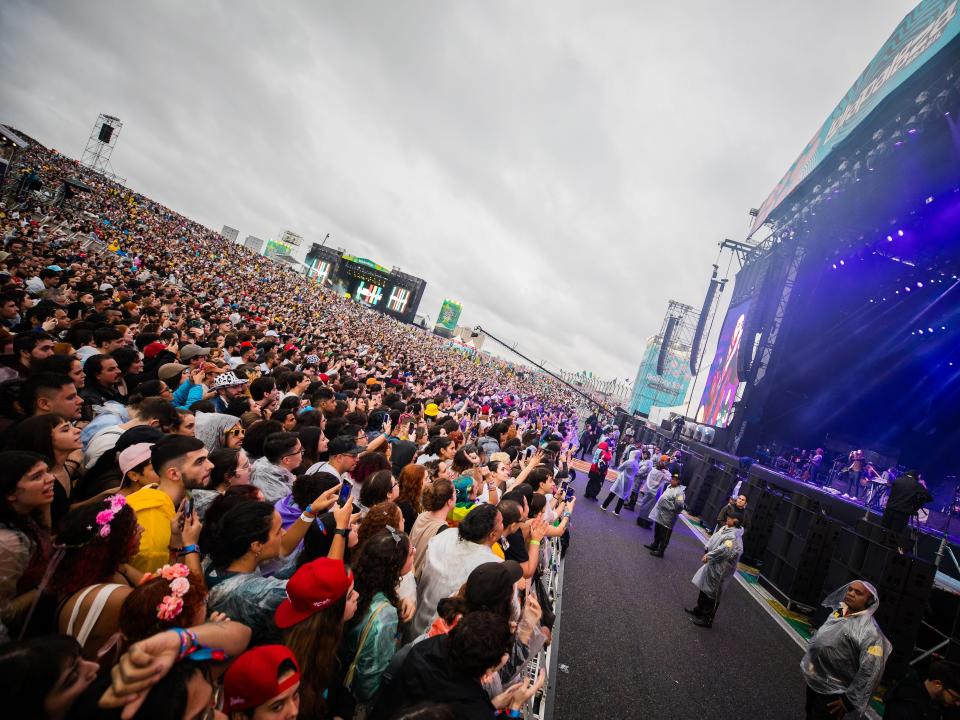
Saying "for the plot" is a fun way for Gen Z to encourage each other to do the wild, fun things that make storytelling fun when you're older.
Influencer Serena Kerrigan has been credited with popularizing the phrase, saying, "this is your reminder that if something works out, great, and if it doesn't, it's for the plot." In other words, your highs and lows are all shaping and contributing to your life story.
Whether you swipe right on Tinder or go out spontaneously on a Tuesday night, it's all about the plot.
Still popular from 2023, someone with "rizz" has charisma.

It's true; Gen Z has an affinity for abbreviations.
A person with "rizz" is confident, charming, and generally successful in romantic endeavors. The phrase officially reached the boomer generation when the Golden Bachelor announced he had rizz.
An "ick" is a turnoff.

Ah, the ick. "Love Island" contestant Olivia Attwood (now Olivia Attwood Dack) helped popularize the phrase during season three, but "the ick" remains a staple in Gen Z's vocabulary.
If someone gives you "the ick," it means they've turned you off, either through their actions or words.
"Icks" can arise from small offenses, such as using the "wrong" emoji in conversation, or from larger issues, such as being rude to a barista.
It's all about personal preference.
If someone lives "rent-free" in your mind, you think about them a lot.

When someone or something constantly occupies your thoughts, they've taken up residence in your head without paying you a dime. In 1999, one reader attributed the phrase living "rent-free" to advice columnist Ann Landers.
Though often associated with specific people like a crush or celebrity, the phrase can also apply to positive and negative events, like an epic concert or a ridiculous AI image.
"Mother" is a popular term of endearment for female celebrities that originated in LGBTQ+ communities.
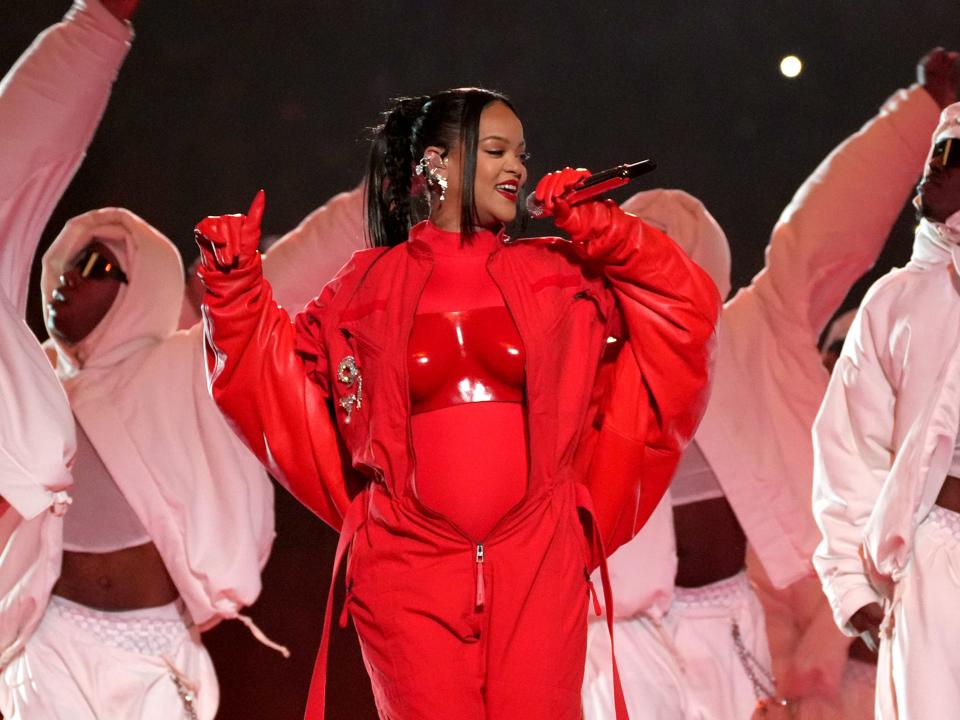
"Mother" is a woman deserving of your respect who's had a profound influence on your life.
For some, that's Diana Ross. For others, it's Rihanna. Reneé Rapp, Mariah Carey, and Lana Del Rey have all been called mother, too.
Last year, The New York Times reported that people in the Black and Latino LGBTQ+ ballroom scene coined the term, which stemmed from the "queer subculture in which members are organized into so-called houses often led by a 'mother.'"
Michaela Jaé Rodriguez, who played a house mother in the groundbreaking series "Pose," told The New York Times that "anyone should be able to use a term that is trending" but that it's important to know and acknowledge where it came from.
If a person "ate," they executed something flawlessly.
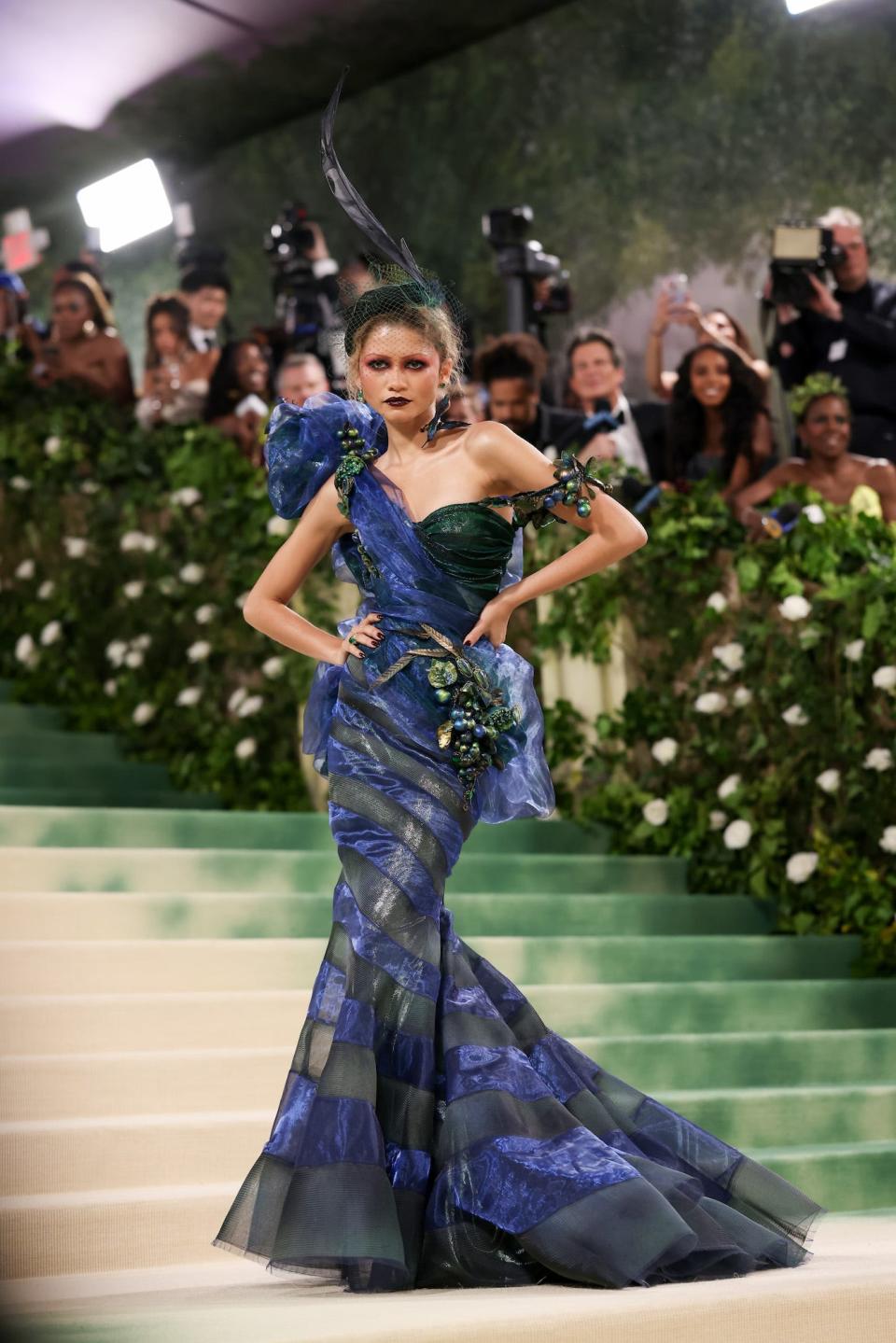
Often associated with fashion and beauty, saying someone "ate" is a way of expressing they look amazing and did a great job.
Look at almost any picture of Zendaya on the red carpet, and it'd be correct to say, "She ate."
"Left no crumbs" is a continuation of "ate" that's used as additional emphasis.

If you hear "she ate," you may often hear "and left no crumbs" immediately after.
The additional phrase helps emphasize how perfect the person's execution was, though it can be used on its own, too.
For example, "Entrepreneur Mona Patel ate and left no crumbs at the 2024 Met Gala." That means she executed the theme perfectly — everything from her dress to her glam to the presentation on the red carpet was flawless.
"Bussin'" or "buss" means it's very good.
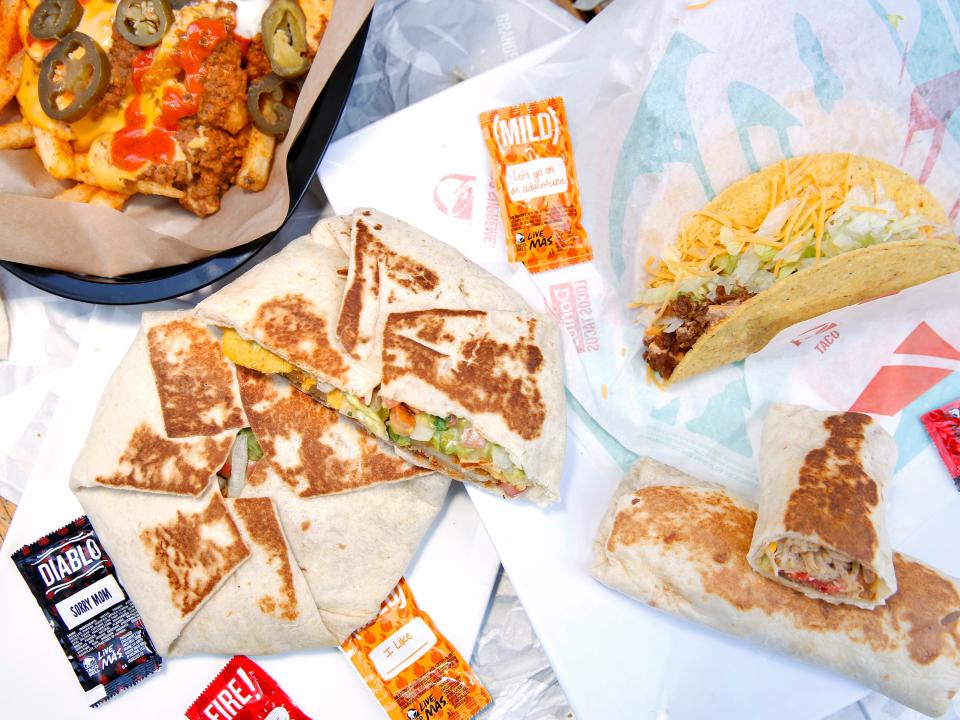
Often used to describe food, "bussin'" originated in the Black community and means extremely good or delicious, per Merriam-Webster.
So if your kid says tonight's dinner was "bussin'," just know you did a great job.
Something is "mid" if it falls short of expectations.

Whether it's a dress on the red carpet, a new TV show, or a pasta recipe, something that's "mid" is mediocre.
BI reported that Kaley Cuoco's 2024 Critics Choice Awards gown missed the mark, so it could also be described as mid.
Another way to say focus is "lock in."

You can "lock in" on an assignment, cleaning your apartment, or even a video game.
"Let him cook" means don't stop him from doing his thing.
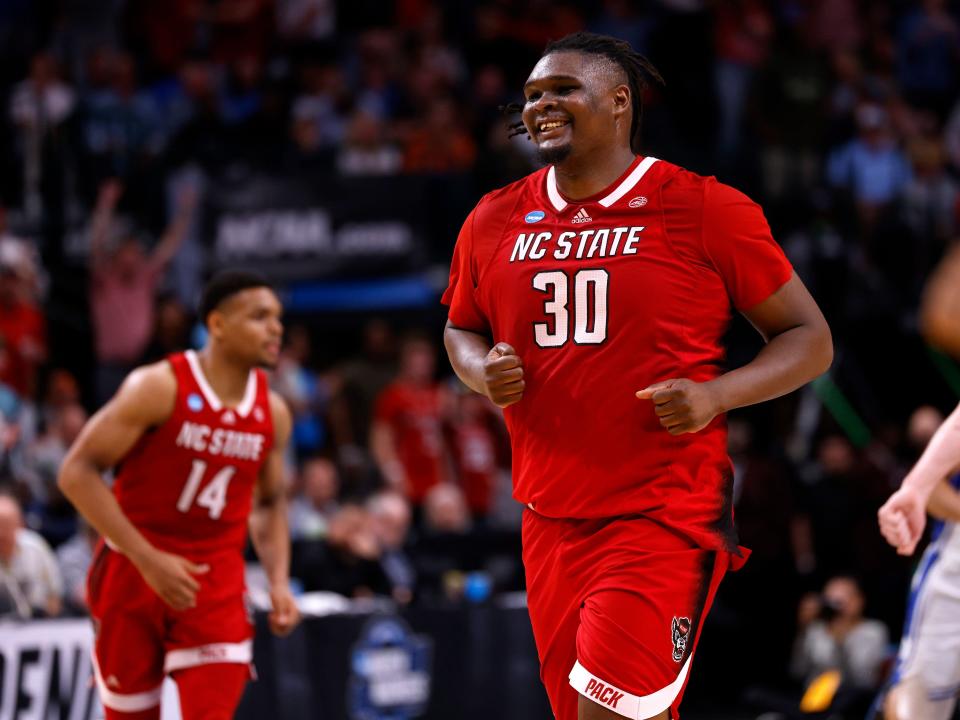
While NC State ultimately lost to Purdue in the Final Four, DJ Burns, Jr. was a standout in the 2024 March Madness tournament.
His coaches clearly saw how well he was performing and decided to "let him cook," giving him more playing time in their five tournament games, per ESPN.
Why call yourself delusional when you can say "delulu"?

As we've already established, Gen Z loves abbreviations.
"Delulu" simply means delusional, but in a way that's wacky instead of worrisome, according to The New York Times.
If you're hoping to elope with the lead in your favorite romance novel, you might be a bit delulu.
"Sus" is short for suspicious.

It sounds a little sus, but this term dates back to the 1920s, per Merriam-Webster. The term originates from suss, as in, suss out whether someone is trustworthy or not.
Recently, the word reemerged thanks to the online game "Among Us," in which players try to determine who is an imposter working to sabotage their progress.
Cringe-worthy behavior may cost you "aura points."

A kind of cosmic, karma-esque rating system of cool, aura points are won and lost through a variety of impressive and embarrassing deeds. Talked to your crush with spinach in your teeth? Your aura points just took a hit.
"It's tongue-in-cheek, and it also seems to be a sort of weird contemporary honor code," philosopher Julian Baggini told The Guardian.
"No cap" means you're telling the truth.

The phrase "no cap" has been around for decades and has roots in Black communities.
People often use it for emphasis, similarly to "for real." For example, "My cat is smarter than Einstein, no cap."
"No cap" is basically the opposite of "cap," which is short for "capping."
"Cap or capping has referenced bragging, exaggerating, or lying since the early 1900s," Kelly Elizabeth Wright, a language professor at the University of Wisconsin-Madison, told TODAY.com.
Read the original article on Business Insider


